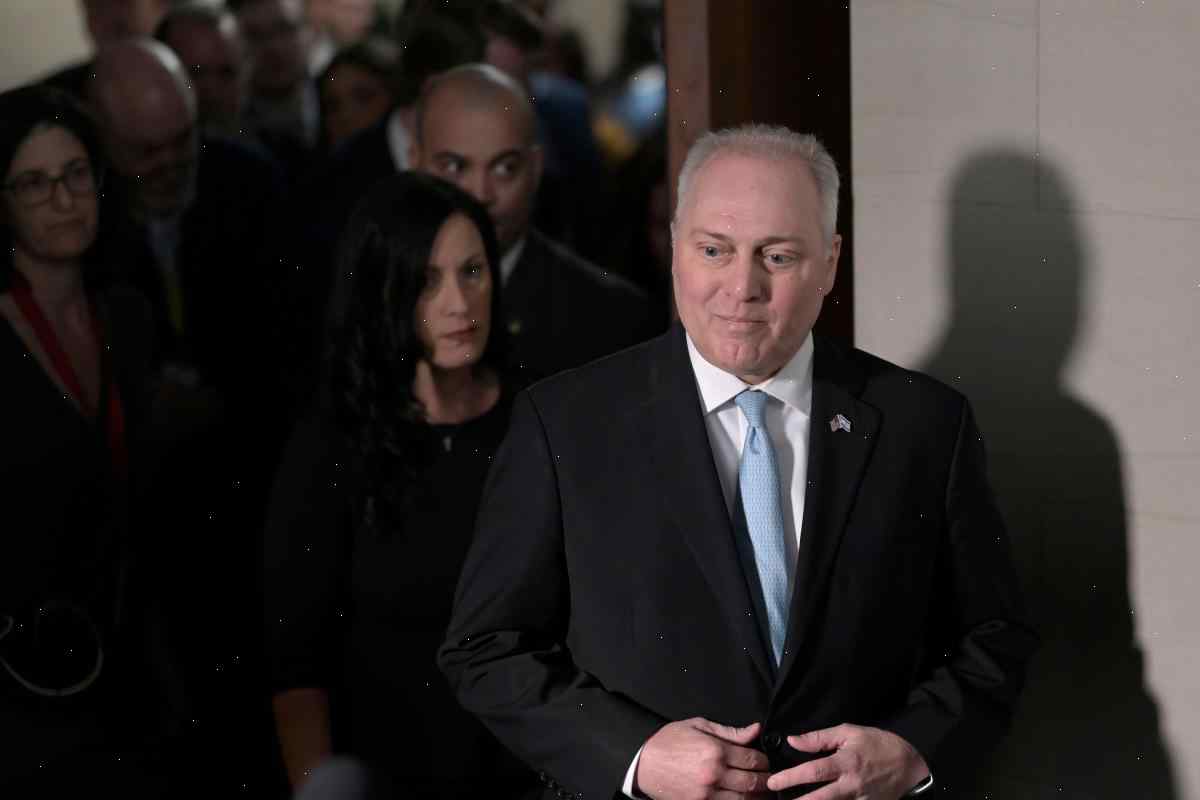In a shocking turn of events, House Majority Whip Steve Scalise has withdrawn from the race for Speaker of the House, leaving the Republican Party in disarray. The Louisiana representative was considered a top contender for the position, which has been vacant since the retirement of Paul Ryan.
Scalise’s decision comes amidst a backdrop of infighting within the GOP, with various factions vying for control and struggling to find common ground. The party’s failure to coalesce around a single candidate has led to a leadership crisis, with no clear frontrunner in sight.
The withdrawal of Scalise, who was seen as a compromise candidate capable of bridging the gap between different wings of the party, has only added to the uncertainty. His statement announcing his decision highlighted the challenges facing the GOP, acknowledging that “the current environment makes it difficult for me to successfully compete for the Speaker’s gavel.”
The development has sparked speculation about the future of the Republican Party, with some questioning whether it can survive in its current form. Critics argue that the party’s shift towards populism and nationalism has alienated moderate voices and created an atmosphere of hostility and division.
Others point to the lack of a clear policy agenda, with the party seemingly more focused on protecting the interests of its wealthy donors than addressing the concerns of ordinary Americans. The failure to deliver on key campaign promises, such as repealing Obamacare and building a border wall, has also eroded trust among voters.
Despite these challenges, there are still opportunities for the GOP to regroup and refocus. The party could use this moment of crisis to reflect on its values and priorities, and work towards building a more inclusive and cohesive coalition. This might involve reaching out to moderate Republicans and Democrats to find common ground on issues like infrastructure, healthcare, and education.
Moreover, the Republican Party could benefit from embracing a more positive and aspirational message, rather than relying solely on negative rhetoric and fear-mongering. By focusing on solutions and the well-being of all Americans, the GOP could potentially regain the trust and support of voters who have grown disillusioned with politics as usual.
Ultimately, the fate of the Republican Party will depend on its ability to adapt and evolve in response to changing circumstances. As the political landscape continues to shift, the GOP must decide whether to cling to its traditional ideologies or embrace a new era of collaboration and compromise. The choice it makes will have far-reaching consequences, not just for the party itself but for the nation as a whole.

